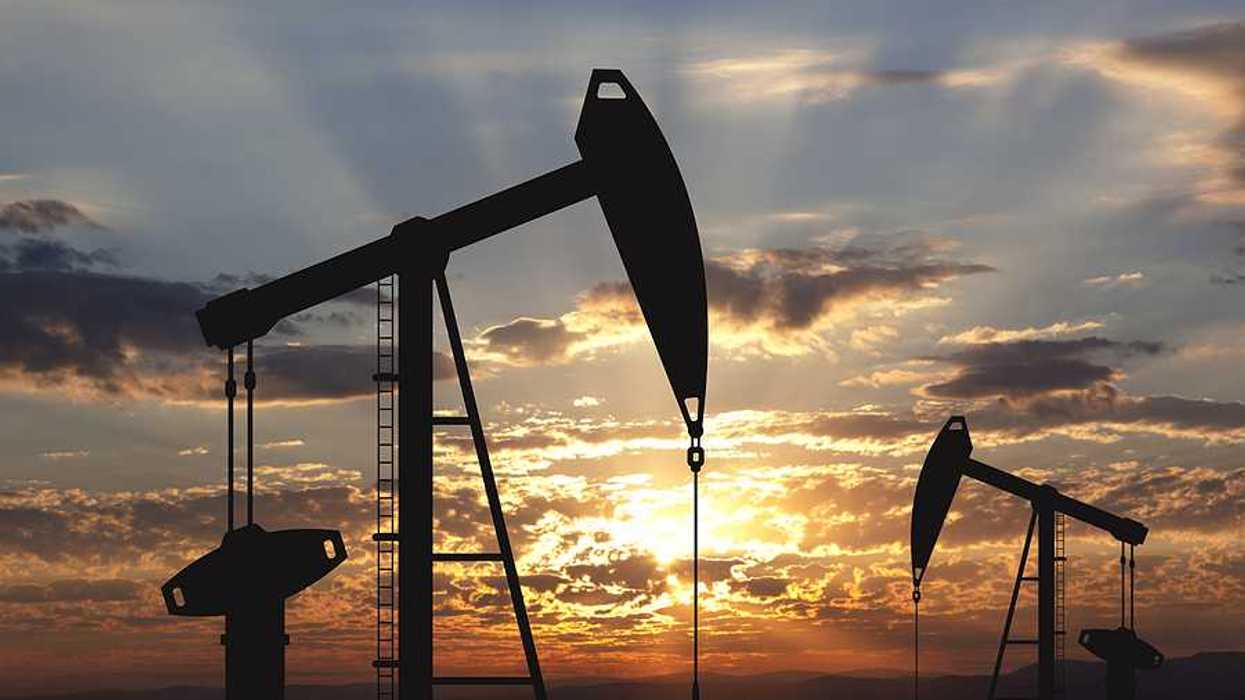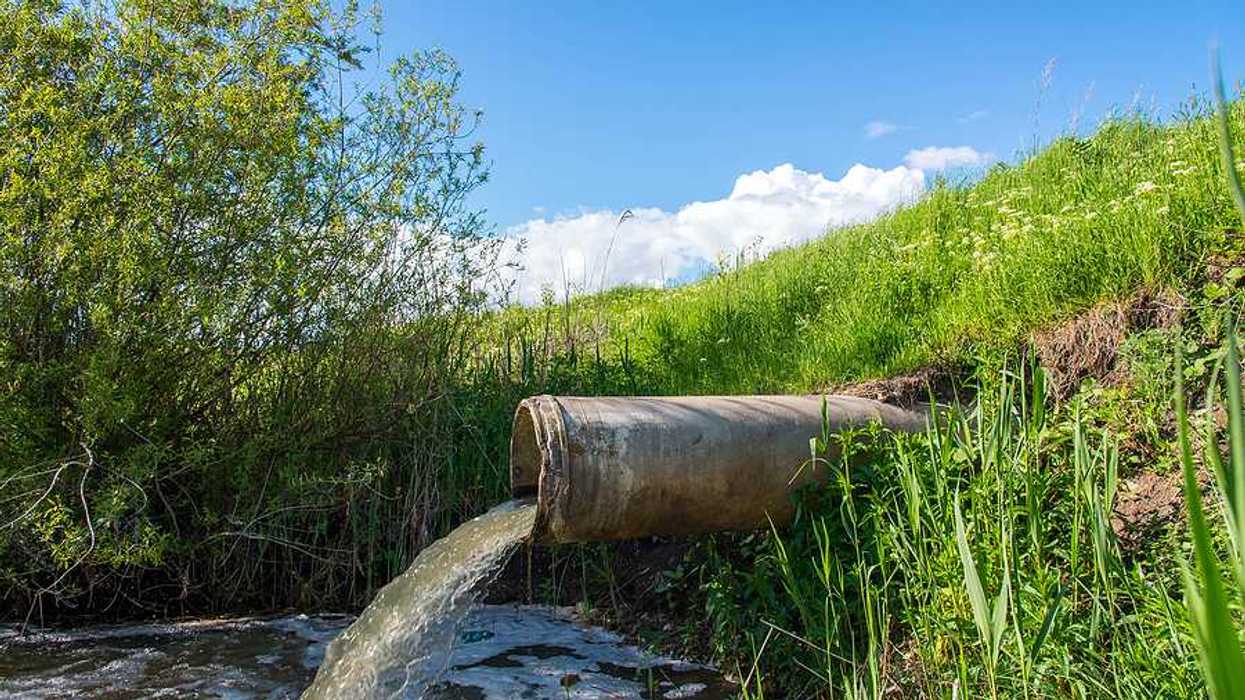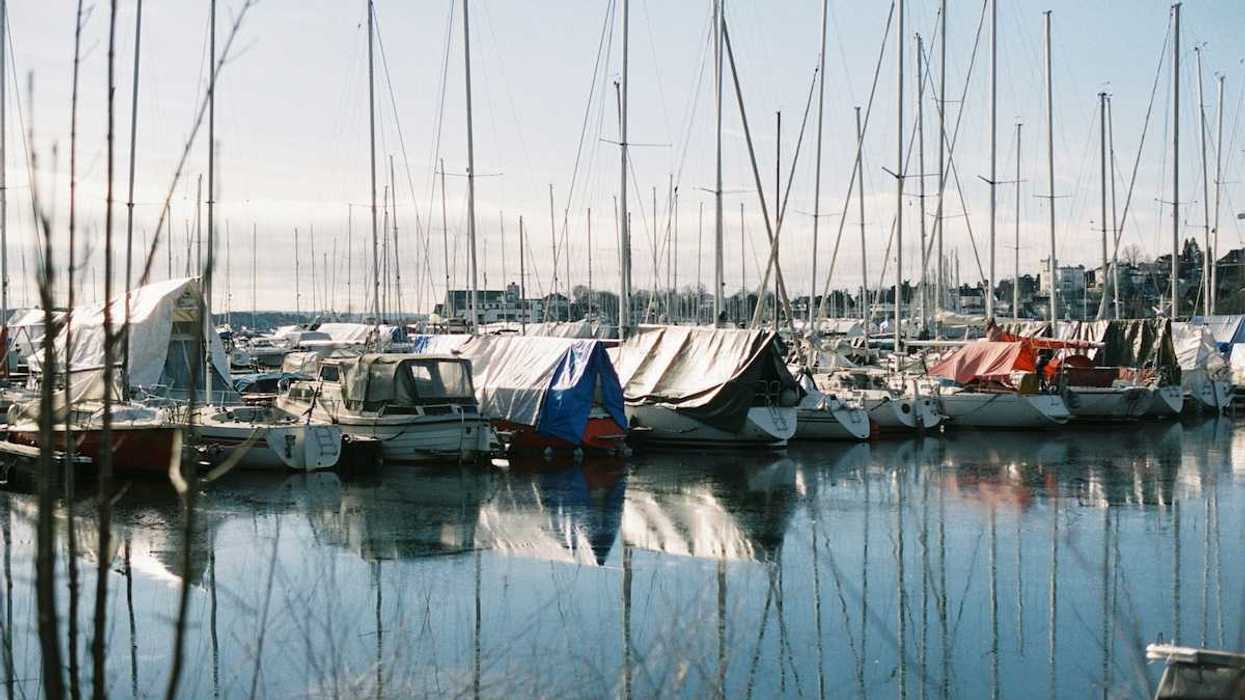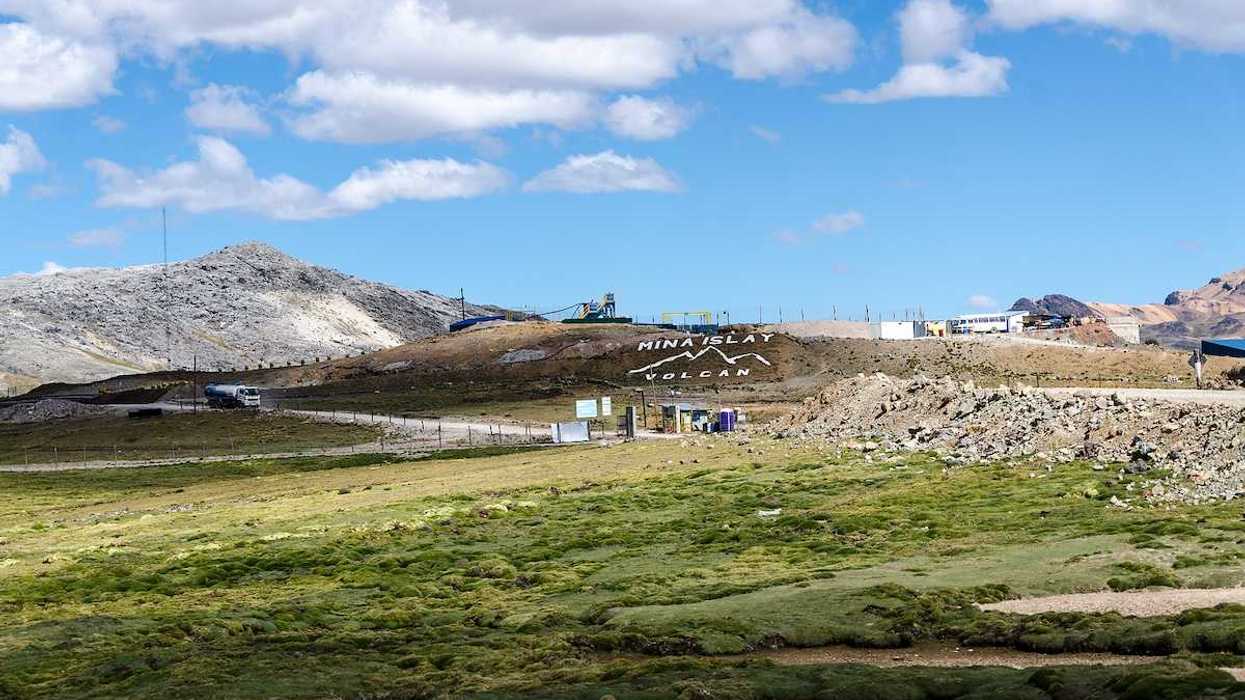E-waste trafficked to Ghana is burned for valuable metals, exposing workers to toxic fumes and environmental hazards.
Navin Singh Khadka reports for BBC.
In short:
- E-waste is trafficked from wealthy countries to Ghana, where workers burn it to extract metals like copper and gold, releasing toxic fumes.
- Informal recycling exposes workers, including women and children, to harmful substances such as lead, with severe health and developmental impacts.
- Only 15% of global e-waste is recycled, and smuggling operations use sophisticated tactics to evade detection, worsening the crisis.
Key quote:
“The air, as you can see, is very polluted and I have to work here every day, so it definitely affects our health.”
— Abdulla Yakubu, worker at Agbogbloshie dumpsite
Why this matters:
E-waste contains hazardous chemicals that threaten human health and ecosystems, with vulnerable workers in poorer nations bearing the brunt. Strengthening regulations like the Basel Convention and investing in sustainable e-waste recycling are critical to reducing these harms.
Read more: Ghanaian waste entrepreneurs gain global recognition for environmental impact














